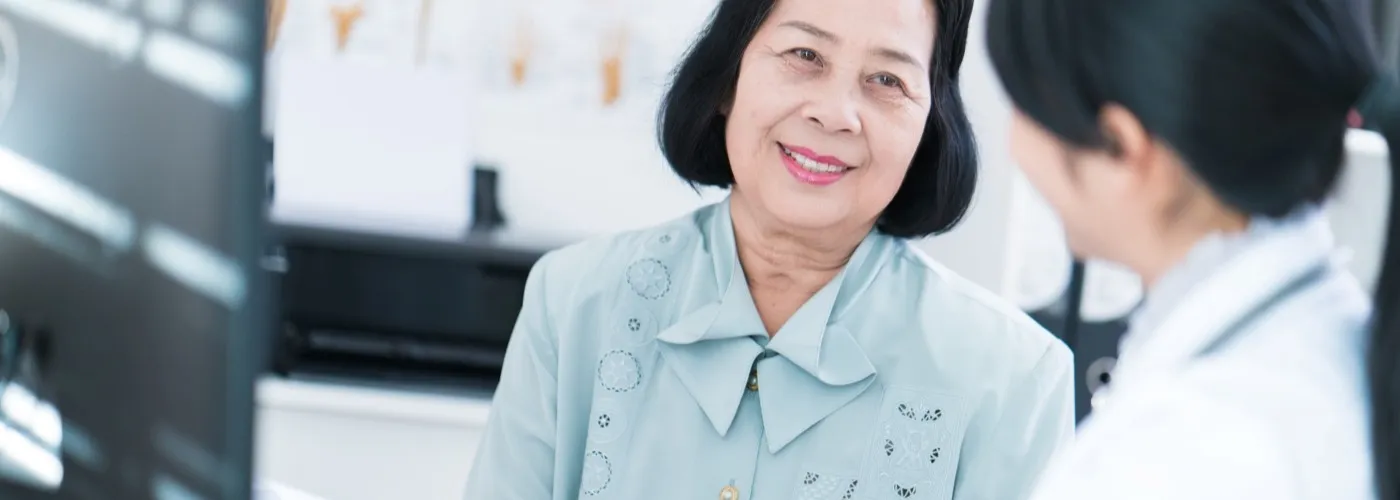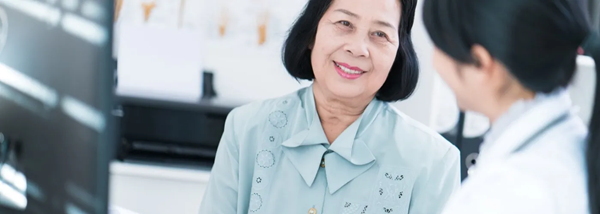Topics
Your heart is a vital organ, and safeguarding its health should be a priority. Cardiovascular diseases are a leading cause of death worldwide, often developing silently without apparent symptoms until they become severe. Proactive cardiac screening can help detect potential risks early, allowing preventive measures to be taken before complications arise.
Pantai Hospitals offer comprehensive cardiac screening tailored to assess your heart health and identify risk factors such as high blood pressure, cholesterol issues, or irregular heart rhythms. These screenings are particularly beneficial for individuals with family history, lifestyle-related risks, or advancing age.
What Tests Are Included in Cardiac Screening?
A typical cardiac screening package includes the following essential tests:
Blood Tests
Blood tests offer crucial insights into various health parameters, including:
- Full Blood Count (FBC): Analyses blood cell levels to detect conditions such as anaemia, blood disorders or infection.
- Liver Function Profile: Assesses liver health by measuring enzymes and protein levels.
- Kidney Function Profile: Evaluates kidney performance through measurement of creatinine, urea, and electrolyte levels.
- Fasting Blood Sugar & HbA1c: Monitors blood glucose levels to diagnose or manage diabetes, a major risk factor for heart disease.
- Cholesterol and Lipid Profiles: Identifies imbalances in cholesterol levels to assess the risk of coronary artery disease.
- Thyroid Function Tests: Measures hormones such as TSH, Free T3, and Free T4 to diagnose thyroid disorders linked to heart health.
Electrocardiogram (ECG)
An ECG is a painless and non-invasive test that measures your heart’s electrical activity to identify irregular rhythms or abnormalities.
Stress Test
The stress test evaluates your heart’s performance during physical exertion:
- You will exercise on a treadmill or stationary bike while connected to an ECG machine.
- Your heart rate, blood pressure, and symptoms will be closely monitored.
- If exercise is not possible, medication may be used to simulate physical activity.
- The test helps identify blood flow issues and assess your heart’s capacity.
How Should You Prepare for Cardiac Screening?
Proper preparation ensures accurate results and a smooth experience. Follow these tips:
Fasting
- Duration: Fast for 8-12 hours before your appointment for blood tests.
- Reason: Fasting prevents recent food intake from affecting test results.
Medication Management
- Consult Your Doctor: Certain medications may need to be paused temporarily.
- Bring a List: Provide a comprehensive list of medications and supplements you are taking.
Wear Appropriate Attire
- Clothing: Wear light, breathable clothes for comfort during physical tests.
- Footwear: Opt for running shoes or trainers, particularly for stress tests.
What Happens During a Cardiac Screening?
Check-in and Initial Consultation
Upon arrival, you will be guided through the registration process and provide information about your medical history, symptoms, and lifestyle.
Testing Phase
Each test will be conducted by trained professionals:
- Blood samples will be collected first.
- The ECG will follow, involving the placement of electrodes on your chest to monitor heart activity.
- If required, the stress test will assess your heart’s performance under exertion.
Results Review
A cardiologist will review your test results and discuss any findings. If irregularities are detected, they will recommend the appropriate next steps, including follow-up tests or lifestyle adjustments. You will leave with a clear understanding of your heart health and guidance on maintaining it.
Frequently Asked Questions
What is the purpose of monitoring blood pressure?
Monitoring blood pressure helps detect hypertension, a significant risk factor for heart disease. Early detection enables timely intervention.
How does diet affect heart health?
A heart-healthy diet low in saturated fats, salt, and sugars, and high in fibre and vegetables, reduces the risk of cardiovascular diseases.
What is arrhythmia, and how is it treated?
Arrhythmia refers to an irregular heartbeat. Treatments range from lifestyle changes to medication or procedures like pacemaker installation.
Can lifestyle changes reverse heart disease?
While not all heart conditions can be reversed, adopting healthier habits can improve heart health and reduce complications.
What is angioplasty, and when is it required?
Angioplasty is a procedure to open blocked arteries and restore blood flow. It is often performed in cases of severe coronary artery disease.
Book An Appointment at Pantai Hospitals
Taking proactive steps to care for your heart is essential for a healthy and fulfilling life. Regular cardiac screenings can detect potential issues early, allowing for timely intervention and peace of mind. Pantai Hospitals provide comprehensive cardiac screening services delivered by experienced healthcare professionals using state-of-the-art technology.
If you have questions about cardiac screening or wish to schedule an appointment, visit our website to book an appointment or download the MyHealth360 application from the Google Play Store or Apple App Store to begin your journey towards better heart health.
Pantai Hospitals have been accredited by the Malaysian Society for Quality in Health (MSQH) for its commitment to patient safety and service quality.













